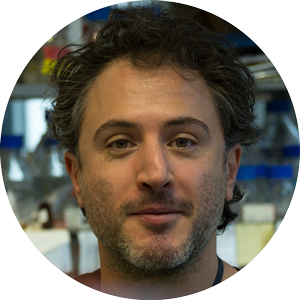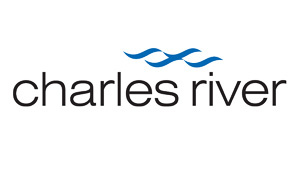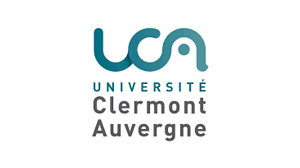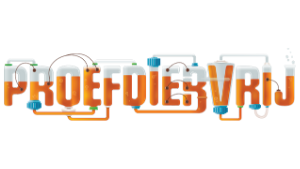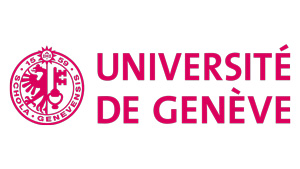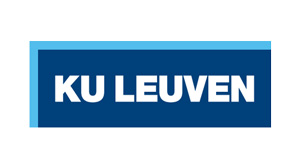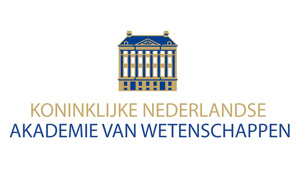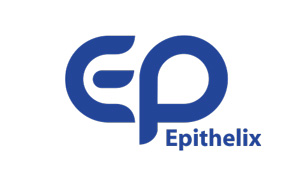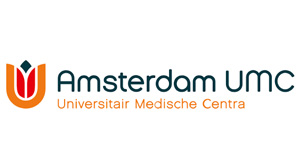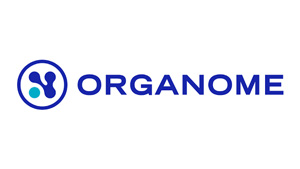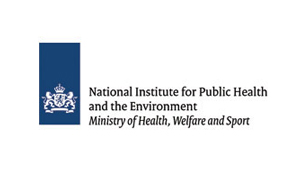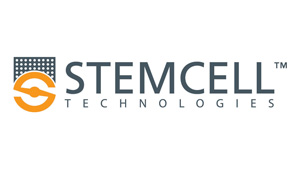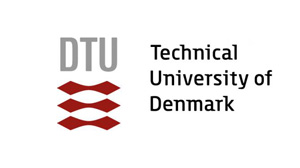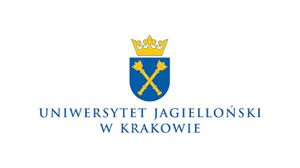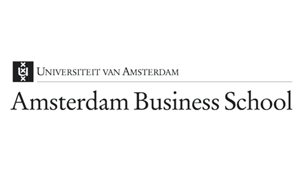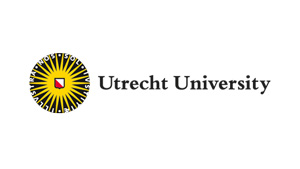About
Ludovico is Research Leader at Charles River Laboratories in Leiden, the Netherlands. Ludovico received his PhD from the University of Padova (Italy) in collaboration with Novartis Vaccines and Diagnostic (formerly Chiron Vaccines, Italy). Here he studied the oncogenic signalling activated by certain bacterial pathogens whose infection predisposes the host to develop cancer. At Novartis he has collaborated as an associate project leader on a phase I/II clinical trial for a vaccine against the human oncogenic pathogen H.pylori. During this time, he also worked as a visiting scientist in the laboratory of Prof. Hidde Ploegh at the Whitehead Institute for Biomedical Research/MIT (Cambridge, USA) where he studied how tumour suppressors respond to the infection with bacterial pathogens. In 2012, he brought this line of research to the Ludwig Institute for Cancer Research (Oxford, United Kingdom). At the Ludwig he has established a 3D gastrointestinal organoid model to study the host-pathogen interaction and used this ex vivo system to develop and validate new antimicrobial molecules against the infection with H.pylori. Within Organovir, Ludo will now contribute to establish gut organoids as a drug screening platform for antiviral agents.
About Charles River
Charles River is an early-stage contract research organization (CRO). We have built upon our foundation of laboratory animal medicine and science to develop a diverse portfolio of discovery and safety assessment services, to support clients from target identification through preclinical development. Utilizing our broad portfolio of products and services enables our clients to create a more flexible drug development model, which reduces their costs, enhances their productivity and effectiveness to increase speed to market.
This project focuses on the application of human organoid technology in industrial drug discovery. The purpose of this project is to develop human organoid-based infectious disease models and to apply these in drug screening using a variety of technologies (e.g. (stem) cell culture, high throughput screening, virology/infectious disease, and high content imaging).

